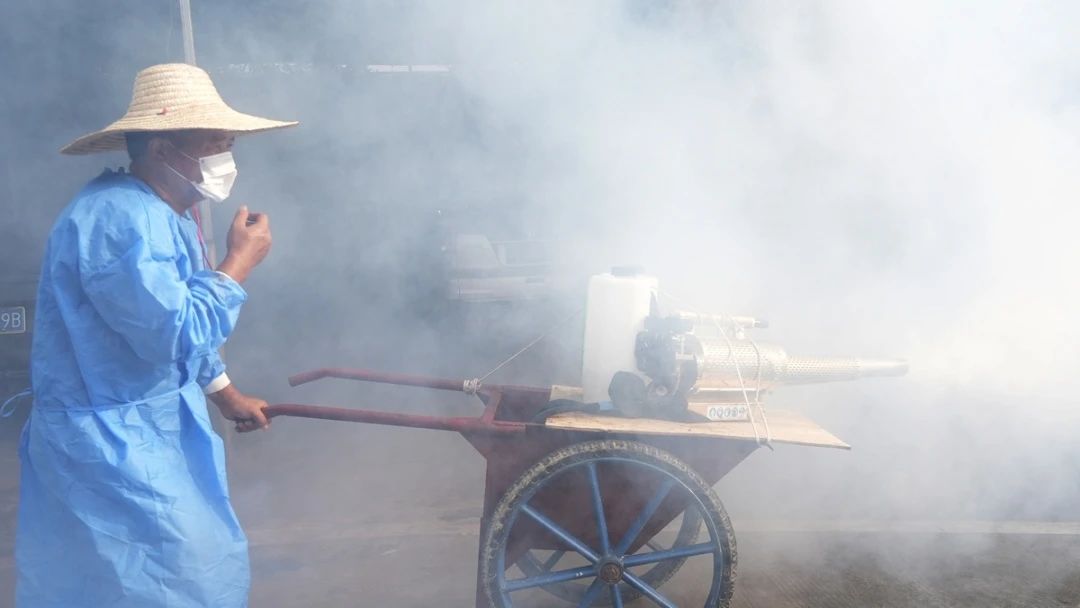
South China’s Guangdong Province has launched a series of citywide health campaigns aimed at preventing the spread of chikungunya fever and other mosquito-borne illnesses. Following an initial effort in Foshan on Thursday, the neighboring cities of Zhongshan and Zhanjiang will begin similar actions on Friday.
Foshan Takes the Lead on Thursday
Foshan, a major city in Guangdong, initiated its health campaign on Thursday to combat the spread of chikungunya fever. The city government announced the move via its official WeChat account.
As part of the campaign, all sectors of society — including government departments, enterprises, institutions, villages, communities, residential compounds, factories, commercial tenants, and individuals — are being called upon to take coordinated action. Key measures include environmental cleanups, removing stagnant water from containers, and ensuring there are no blind spots where mosquitoes can breed.
Zhongshan and Zhanjiang to Follow on Friday
According to announcements on their respective official WeChat accounts, both Zhongshan and Zhanjiang will launch their own citywide sanitation and mosquito control efforts on Friday.
In Zhongshan, the campaign includes improving environmental sanitation, conducting targeted mosquito eradication, addressing sanitation blind spots, and launching public education initiatives. The city government notice also specifies that all towns and subdistricts should organize professional teams to spray insecticides in key areas such as drainage outlets, underground parking garages, construction sites, schools, stairwells in residential buildings, and storage rooms. Residents are encouraged to use aerosol insect sprays and mosquito coils at home to help control the mosquito population.
Zhanjiang will also implement a comprehensive health campaign with similar objectives.
Expert Insights on Chikungunya Fever
Chikungunya fever is transmitted through the bites of infected Aedes mosquitoes and does not spread directly from person to person, according to Lu Hongzhou, head of the Third People’s Hospital of Shenzhen. He told the Global Times on Friday that climate factors, viral evolution, and human mobility are major contributors to the spread of the virus.
Lu emphasized that an effective response requires an integrated strategy, including vaccine development, vector control, early warning systems, and other measures to reduce transmission and limit the health and socioeconomic impacts of the disease.
Positive Trend in Foshan’s Shunde District
From July 29 to August 4, the number of newly reported local chikungunya fever cases in Shunde District, Foshan, declined for several consecutive days, according to a notice published on the city government’s news WeChat account, Foshan Fabu, on August 5.






